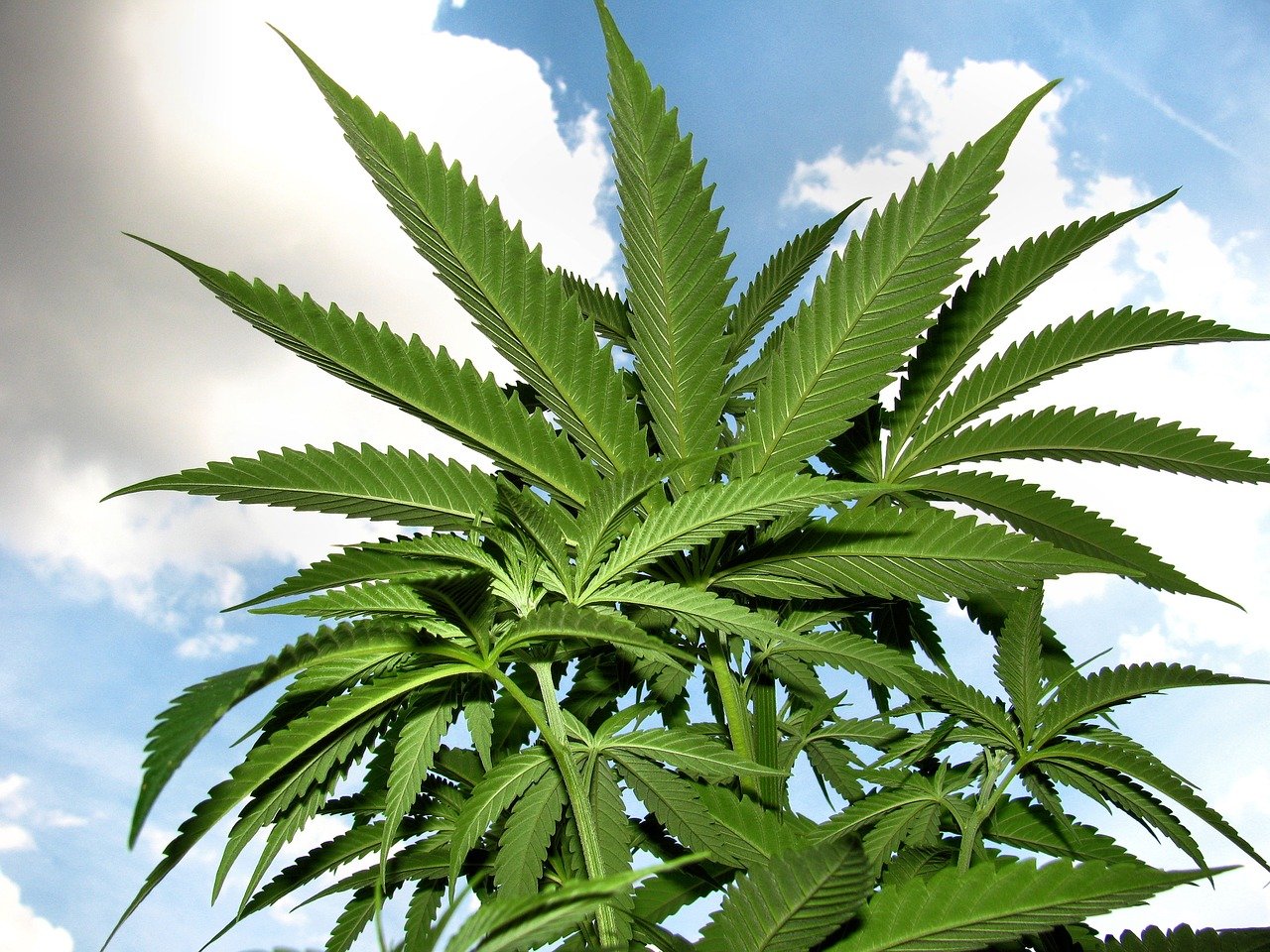Marijuana (also known as ganja, weed & pot among other names) is a dried herb extracted from the Cannabis Sativa plant and is famous (or infamous?) for its therapeutic and recreational usage. Religious texts hint at its earliest use about 10,000 years ago and have portrayed it as an intrinsic part of some civilizations, like the Indians consumed it in their day-to-day eating while the Japanese used it for its fibre.
The oldest evidence found till date indicates its usage in a ceremonial celebration in China about 2500 years ago. The then Indo-China trade paved the way for the herb in India. India’s scholarly ties with Iran paved its way to the Middle-East, where its consumption attracted censure from the rulers. Nonetheless, from the Middle East it reached Africa and Europe, wherefrom the English travelers took it to the United States of America.
Reports suggest that the US had been using Cannabis-based medicines during the 19th Century. In a surprising move, the US-government began demonizing marijuana in the early twentieth century and declared a war on drugs by curbing its usage through a series of statutes. Lethal blow was delivered by placing marijuana alongside heroin and LSD in Schedule 1 of the Controlled Substance Act enacted in 1970, which implies “the drug or other substance has a high potential for abuse, and has no currently accepted medical use in treatment in the US”. Thus, declaring it illegal to produce, process, trade, use (even medicinal), and consume Marijuana.
However, the federal government’s efforts began to weaken with Oregon becoming the first state in the US to decriminalize possession of Marijuana in 1973. The green plant began to see its dawn with California allowing medicinal use in 1996 while Colorado and Washington DC approving its recreational use in 2012. As of now 17 states in the US have legalized Marijuana for medicinal and recreational purposes.
The legalisation of marijuana at the state level does not dissolve its illegality under federal laws. The US-government must exercise its power to nullify the federal marijuana prohibitions at the central level, until then institutions are not supposed to involve, support or aid the marijuana-related businesses (“MRBs”) in any way. Inconsistency of laws in the US has been haunting the banking institutions of the country since the legalization-drive began and the banks are compelled to be unwelcoming to the MRBs.
The Federal Reserve is the banking regulator of the country and requires banks to act in accordance with the federal laws. Penal consequences may follow if the laws are not complied with. Offering banking services to MRBs is considered as aiding to the trade and usage of marijuana, for instance, MRBs can sell marijuana worth $20 million but cannot deposit this money in their bank accounts, which may entail criminal investigation on banks for abetting drug trafficking or money laundering.
Devoid of banking support, the MRBs and the parties associated with them (like the producers, processors, transporters, workforce and other parties) are now on their own to handle their cash flows. Any proceeds from the business of the green plant may not be accepted by banks, therefore millions of dollars are stored under private vigilance. Any payment to and from the parties requires secured transportation without which the cash may fall prey to burglars. Unfortunately, small businesses and employees are exposed to life threatening situations where parking money with the bank or deploying guards seems highly unlikely. They resort to the installation of CCTVs and steel gates, which if breached may put money, inventory, and most importantly, lives at stake.
The Congress, however, mockingly anticipated such cash burdens in 1982 and allowed income tax authorities to mitigate it by taxing about 70% of their revenues. Sec. 280E of the Internal Revenue Code allows no tax deduction (i.e. wages and salaries, utility bills, rentals etc.) while filing income tax. For instance, expenses incurred on storing marijuana in an inventory room of the premises qualifies for deduction but not the cost incurred on maintaining the rest of the establishment. Consequently the stakeholders of the MRB are left with a meagre profit to expand, promote, invest or reinvest.
Stay tuned for the upcoming articles in this series called ‘The Marijuana Business: Making Peace with Illegitimacy’, which will focus on the (i) economic effects of interplay between US administrative agencies to suppress the marijuana industry; and (ii) investment, market trends and listing of marijuana-related businesses.






0 Comments